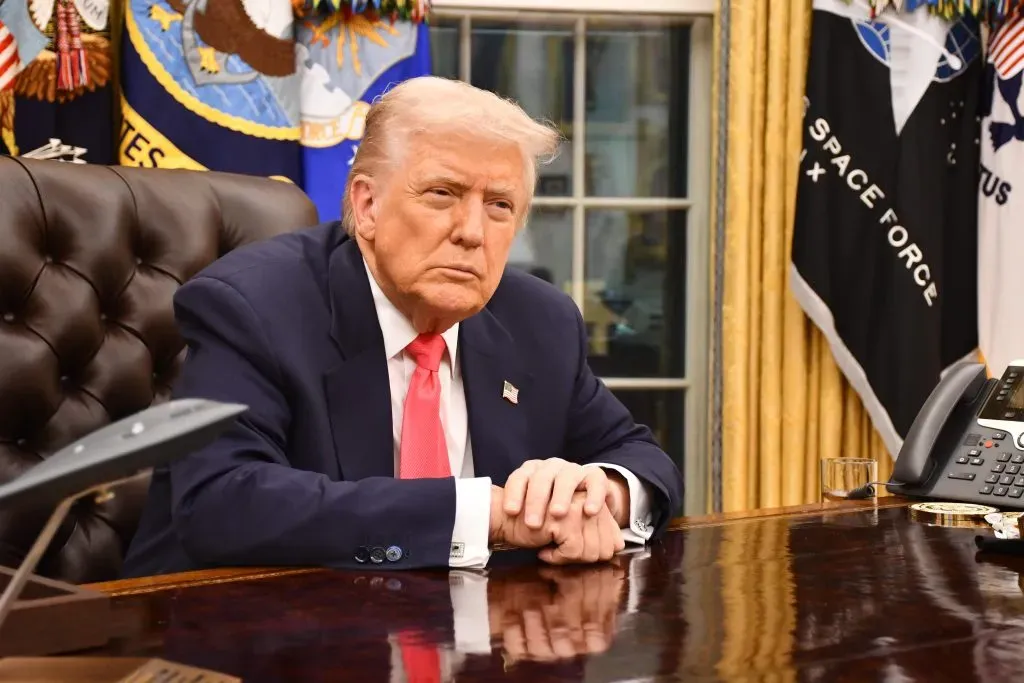Uptick in gun sales rare good news for Colorado Parks and Wildlife, while it lasts
At least Colorado Parks and Wildlife can still count on hunters and anglers. The state is set to get $28 million next year from the U.S. Fish and Wildlife Service from federal taxes and fees associated with hunting and fishing.
That’s up from $25.8 million last year, and just over $20 million in 2015.
Why the surge? For whatever reason, increased sales of guns and ammo have soared, “which has allowed CPW to prevent more dramatic cuts,” the state agency says in its financial reports for this year. “These funds are projected to decline to normal levels over the next two fiscal years.”
Colorado taxpayers don’t put in a dime. People who hunt, fish and use the parks – along with about 12 percent of the agency’s budget from lottery proceeds – make it all possible.
Colorado Parks and Wildlife sought its first hike in licenses and fees since 2005 in the last session, in most cases doubling fees and fines, or waiving free licenses and programs for young or old participants.
Some legislators said it was too much to ask, and the state risks pricing people out of being about to enjoy the outdoors.
The bipartisan House Bill 1321 passed the lower chamber but was killed by Republicans on a party-line vote in the Senate Finance Committee.
But that left Parks and Wildlife in an unaddressed lurch.
Over the last 12 years inflation, recession and sometimes fewer hunters has forced the agency to cut $40 million and 50 full-time positions from its budget, Bob Broscheid, the state parks and wildlife director told legislators.
The failure of the bill means the state will have to cut back on programs that serve hunters and anglers, including species management and leasing about 10,000 acres for public hunting and fishing. The state’s sportsmen’s groups practically begged legislators for the higher fees.
With fewer acres and game wardens, the state might have to curtail the number of licenses it issues.
The legislation would have raised $8.3 million next year and $12.3 million the year after.
Without the increases or offsetting cuts, the agency’s budget would have a $23 million shortfall in the next five years.
“For nearly eight decades, the nation’s hunters and anglers have generated billions of dollars to protect wildlife and habitat simply by purchasing items that help them engage in the outdoor activities they enjoy,” Interior Secretary Ryan Zinke said in a statement about the federal largesse for Colorado. “Their support has helped state wildlife agencies protect our country’s environmental legacy for future generations of hunters, anglers, outdoor recreationists and conservationists.”











